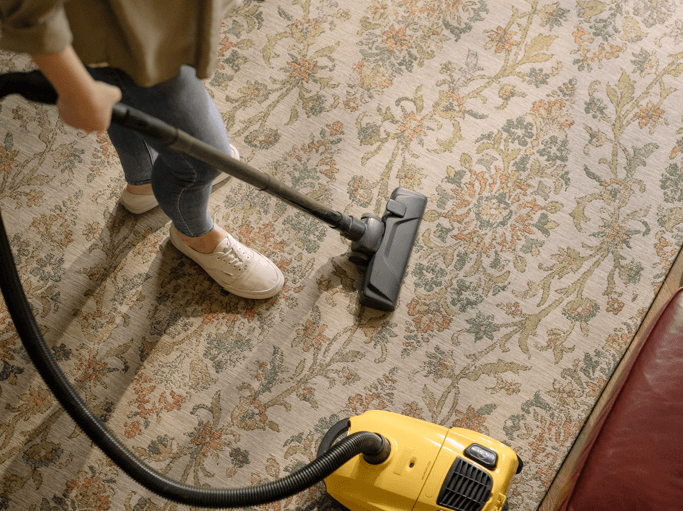With more Australians embracing sustainable living, eco-friendly cleaning products are gaining popularity in households across the country. Marketed as safer for people, pets, and the planet, these products promise powerful results without harsh chemicals. But are they actually effective—and are they worth the switch?
In this post, we’ll break down the pros and cons of green cleaning products, their real-world performance, and what you should consider before stocking your cleaning cupboard with them.
The Benefits of Eco-Friendly Cleaning Products
1. Safer for Your Health
Traditional cleaning products often contain strong chemicals that can irritate your skin, eyes, or respiratory system—especially in poorly ventilated areas.
Why it matters:
Eco-friendly products typically use plant-based ingredients and fewer volatile organic compounds (VOCs), making them gentler for families with young children, pets, or allergies.
2. Kinder to the Environment
Eco-conscious cleaning brands often use biodegradable ingredients and recyclable or refillable packaging to reduce landfill waste and water pollution.
Why it matters:
Harmful cleaning chemicals can end up in Australia’s waterways, affecting marine life and ecosystems. Green products help minimise this impact.
3. Pleasant, Natural Scents
Many eco cleaners are scented with essential oils like eucalyptus, citrus, or lavender—avoiding synthetic fragrances that may cause headaches or sensitivities.
Are They as Effective as Regular Cleaners?
One of the biggest concerns homeowners have is whether eco-friendly cleaning products can match the power of conventional ones.
The short answer: Yes—depending on the task.
-
Everyday surfaces: Great for benchtops, glass, and general dusting
-
Grease and grime: Some green degreasers work well, though they may require more dwell time
-
Bathrooms and toilets: Eco formulas can do the job, but might need more frequent application
-
Disinfection: Some natural cleaners may not be registered disinfectants—check the label for antibacterial or antimicrobial claims
What to Look for When Choosing Eco Products
Not all “green” products are created equal. Here’s what to look for:
-
Third-party certifications (e.g. GECA or EcoCert)
-
Clear ingredient lists
-
Biodegradable, non-toxic claims
-
Refillable packaging or minimal plastic
-
Made in Australia (to support local and reduce emissions from shipping)
Potential Drawbacks to Consider
-
Cost: Eco products may be slightly more expensive than conventional brands
-
Availability: Some brands may be harder to find in local supermarkets
-
Performance: For very heavy-duty tasks, a stronger commercial cleaner may still be required occasionally
A Balanced Approach
You don’t need to go 100% green overnight. Many households start by switching to eco products in high-use areas like the kitchen and bathroom. Others combine eco cleaners with occasional use of stronger products when needed (e.g. mould removal or oven cleaning).
Tip: Try a few reputable eco-friendly brands and compare the results in your own home—you might be surprised at how well they work.
Final Thoughts
Eco-friendly cleaning products are a worthwhile investment in your health and the environment. While they may require slight adjustments in routine or expectations, they offer a safer, more sustainable way to keep your home fresh and clean.
Call to Action
At House Cleaning Services, we’re proud to offer eco-conscious cleaning options upon request. Whether you’re passionate about sustainability or sensitive to strong chemicals, we tailor your service to suit your preferences.
Book your eco-friendly clean today and breathe easier in a greener, cleaner home.


